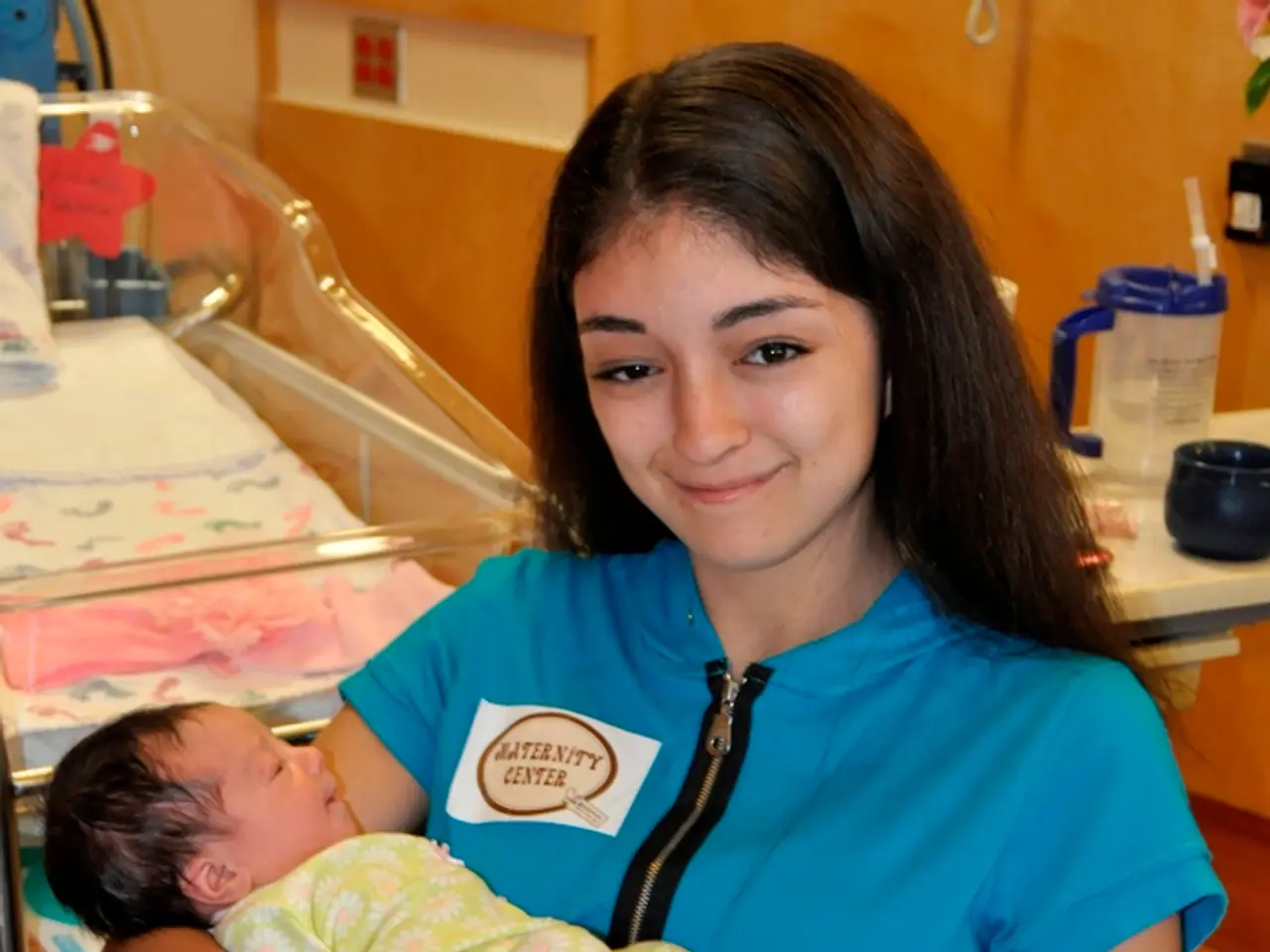Maternal connection strengthens via baby's in-uterine activity
In a groundbreaking study published in the journal Early Human Development, researchers led by J. C. Legendre and colleagues have found that greater fetal movement during pregnancy may function as a communicative signal to enhance Maternal-Fetal Attachment (MFA). The research, titled "Associations between fetal movement and maternal-fetal attachment in late pregnancy," was conducted using an actocardiograph device and involved 51 pregnant women.
The study, which is open access, suggests that fetal movement may play a crucial role in the development of MFA, independent of maternal mood, parity, knowledge of fetal sex, and gestational age. This finding provides valuable insight into how early psychological and relational processes shape postnatal development across the perinatal period, and is particularly significant as MFA is linked to postpartum bonding and caregiving.
The research was carried out by a team of authors, including Kathy Ayala, and was supported by the BIAL Foundation. Sandra Pinto, from the BIAL Foundation, has provided further information about the study.
The study's findings are based on objective measurements of fetal movements, made possible by the use of a fetal actocardiograph. This device, which was used to measure fetal movements in the participants, is a non-invasive tool that offers a more accurate and reliable method of assessing fetal activity than traditional methods.
The study's results underscore the importance of fetal movement in the development of MFA, providing a foundation for future research in this area. As our understanding of the relationship between fetal movement and MFA continues to grow, it is hoped that this knowledge will lead to improved prenatal care and support for expectant mothers.
For more information about the study, please visit the BIAL Foundation's website, where you can find the image associated with this article. The Foundation has made the research freely available for all to read, reinforcing their commitment to advancing our understanding of human development.





